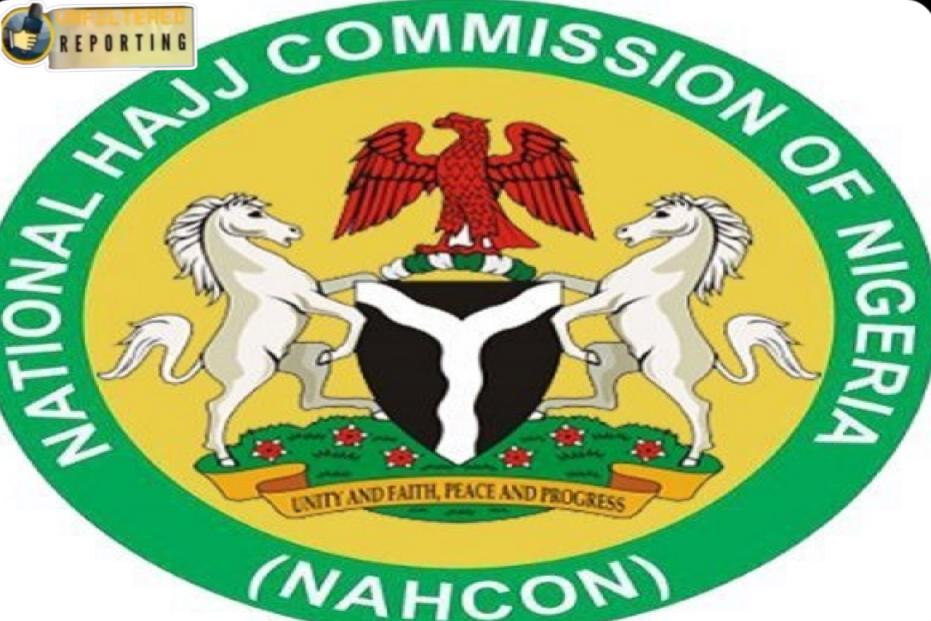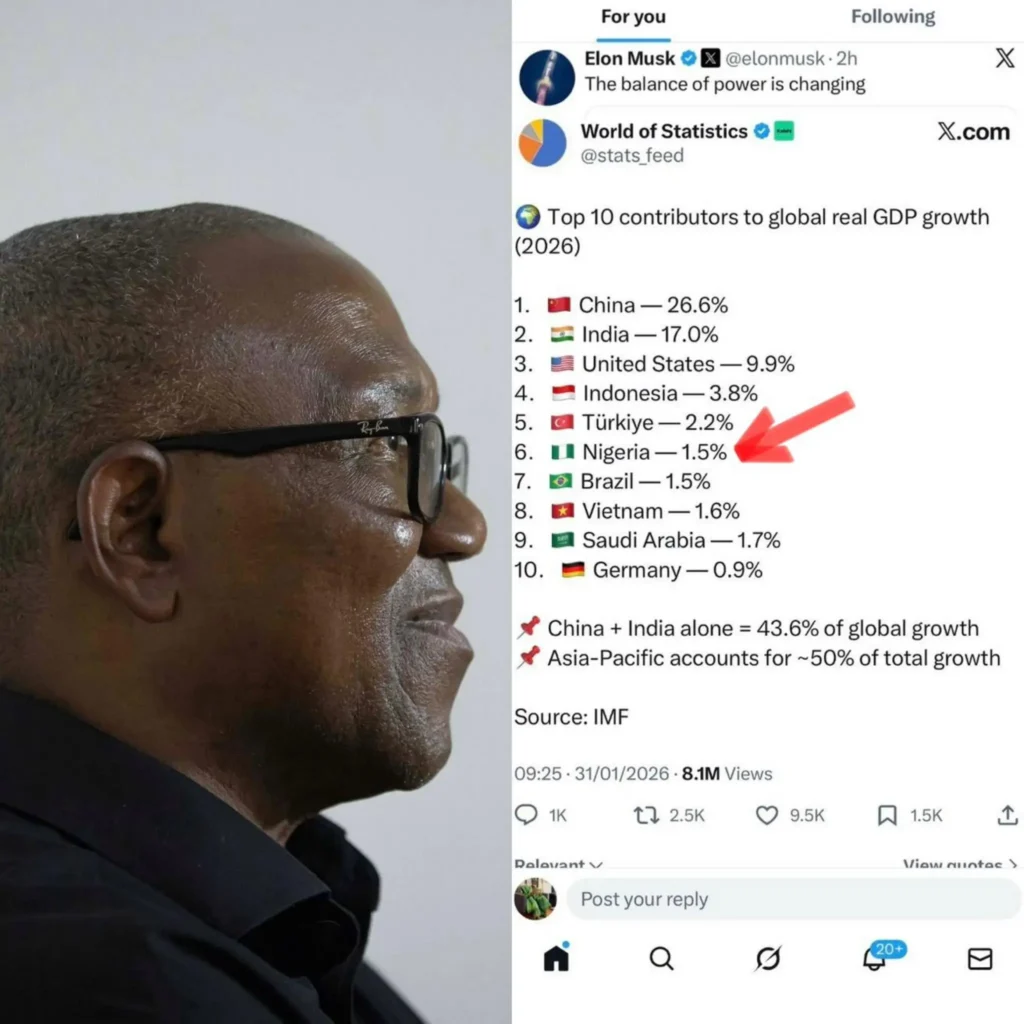NAHCON Explains Delays in 2025 Hajj Service Payments

The National Hajj Commission of Nigeria (NAHCON) has shed light on the reasons behind the delayed payments for the 2025 Hajj services, attributing the setback to systemic financial challenges and seasonal cash flow constraints. Dr. Shehu Usman Muhammed, a former Senior Assistant Technical to the NAHCON Chairman, revealed that the commission lacks financial autonomy to make advance payments for Hajj services. NAHCON depends largely on funds transferred by state pilgrims’ welfare boards, which in turn rely on contributions from intending pilgrims. This dependency, Dr. Muhammed explained, often creates a domino effect where delays in individual payments ripple through the system, affecting timely disbursement to service providers in Saudi Arabia. “The commission is constrained by the availability of funds. When payments from state boards or pilgrims are delayed, our ability to meet financial obligations for Hajj services is compromised,” he said. Another factor identified is the timing of Hajj payment deadlines, which coincides with Nigeria’s harvest season. Many farmers, who make up a significant portion of intending pilgrims, often face limited financial liquidity during this period, worsening the delays. The late payments had tangible consequences for Nigerian pilgrims. A total of 2,717 intending pilgrims were unable to secure visas after the Saudi visa portal closed before their applications could be processed. NAHCON’s attempts to negotiate an extension with Saudi authorities proved unsuccessful, leaving these pilgrims unable to participate in the 2025 pilgrimage. To prevent such occurrences in the future, Dr. Muhammed recommended the establishment of a structured savings scheme for intending pilgrims. Under such a scheme, pilgrims could make contributions well in advance, ensuring that NAHCON has sufficient funds to meet payment obligations on time. He also suggested that financial institutions in Nigeria and countries with large Hajj populations, including Pakistan, Indonesia, and Malaysia, could facilitate early payments, provided there are safeguards to guarantee refunds in case of unforeseen circumstances. “A reliable savings system would ensure funds are available ahead of deadlines, reducing the risk of delays and ensuring smoother operations,” Dr. Muhammed added. NAHCON’s statement underscores the structural and financial challenges facing the commission and highlights the urgent need for proactive financial planning to safeguard Nigerian pilgrims’ participation in future Hajj seasons. As preparations for the 2026 Hajj begin, the commission and state pilgrims’ welfare boards are expected to adopt measures that will address funding delays, aiming to guarantee timely payments and a seamless pilgrimage experience for all Nigerians.









